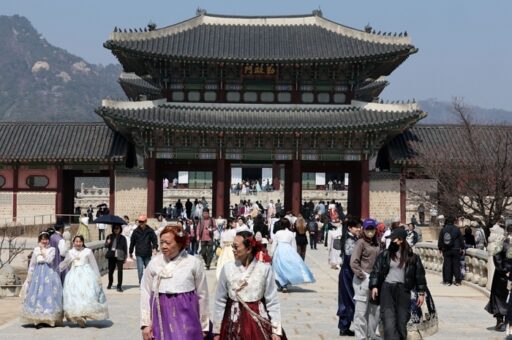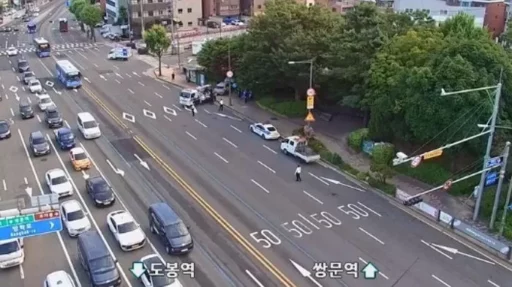The government is considering a plan to effectively extend the visa-free entry policy for Chinese group tourists, which was originally set to be in place until the end of this year, indefinitely.
This initiative aims to actively stimulate domestic consumption and lodging by attracting Chinese tourists.

According to a report by Seoul Economic Daily on the 2nd, the government has decided to announce a joint plan for the visa-free entry of Chinese group tourists shortly, involving the Ministry of Justice, the Ministry of Culture, Sports and Tourism, and the Ministry of Economy and Finance.
The report states that the government had previously indicated the implementation would take place "during the third quarter," but did not specify a concrete timeline. There are also plans to implement this measure until the end of the year and then convert it into a permanent policy starting next year.
In addition, the government has decided to extend the temporary exemption period for the Electronic Travel Authorization (K-ETA), which is set to end in December of this year, by another year.
This move aims to find solutions within the service industry, such as tourism, to break through the low growth rate of around 0%. In fact, the Ministry of Economy and Finance recently held a closed-door meeting with Chinese political and economic experts, seeking input on enhancing Korea-China relations and economic cooperation. Experts who attended the meeting emphasized that attracting Chinese tourists is essential for improving growth rates in the second half of the year.

A government official stated, "We are also reviewing the long-term task of expanding visa exemptions to individual Chinese tourists in the future."
Especially with the upcoming Asia-Pacific Economic Cooperation (APEC) summit in Gyeongju this November, the government expects a significant synergy effect on the economy if Chinese President Xi Jinping visits Korea in conjunction with the visa-free entry policy.
According to the Bank of Korea, increasing the number of Chinese group tourists by one million could boost the country's Gross Domestic Product (GDP) by up to 0.08 percentage points. The Korea Culture and Tourism Institute analyzed that the effect of the resumption of Chinese visitors in 2023 alone contributed a growth rate increase of 0.21 percentage points.
The government has set a goal of attracting 5.36 million Chinese tourists this year, aiming to come close to the 2019 level of 6.02 million.

Image source: News1


